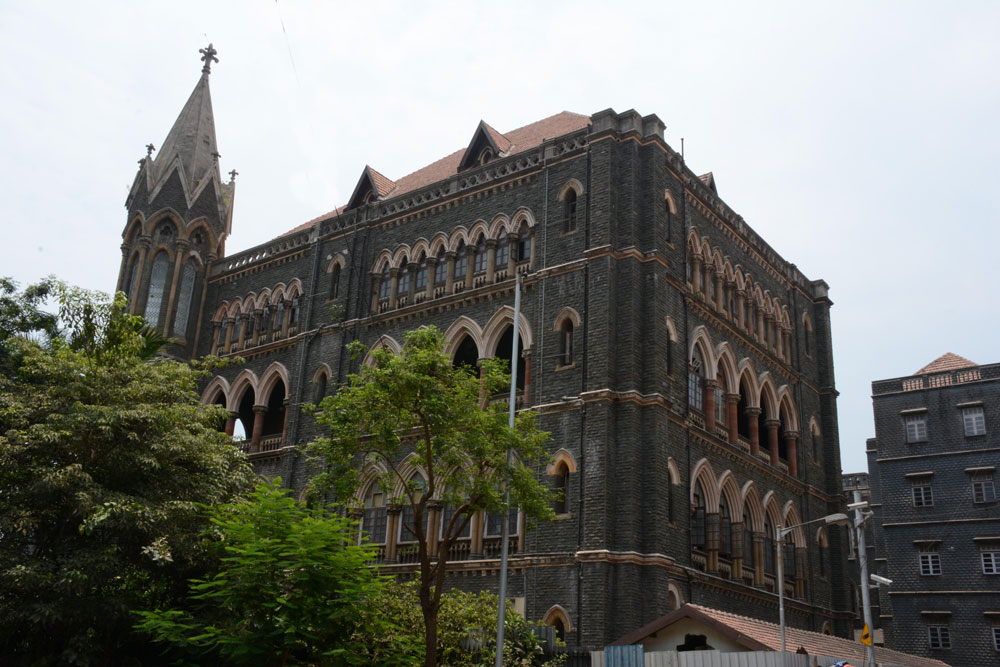Bombay High Court on Tuesday rapped the Election Commission (EC) for its failure to come up with orders regulating political advertisements on social media 48 hours before voting.
A bench of Chief Justice Naresh Patil and Justice N.M. Jamdar asked the EC why it was hesitant to pass regulatory or prohibitory orders on such ads. “Why have so many adjournments been taken for something which is an important issue? Why are you (the EC) apprehensive to pass an order?” the bench asked.
While EC counsel Pradeep Rajagopal denied there was any apprehension on its part, the court said the poll panel’s conduct through the hearings made it apparent that it was “hesitant” to bring about such regulations.
The court reserved its verdict and said it would pass appropriate orders.
The bench is hearing a PIL filed by lawyer Sagar Suryavanshi seeking directions to the EC to regulate fake news in the form of paid political ads on social media. The PIL also sought that just like campaigning, political ads and hoardings are prohibited 48 hours before polling day, a “blackout” be enforced for social media platforms.
In compliance with the high court’s previous orders, the EC submitted an affidavit on Monday informing the bench of the proposed pre-verification rules for political ads.
It submitted that it had held a meeting with various social media intermediaries in Delhi earlier this month, where they had agreed to adopt a “voluntary code of ethics” ensuring advertisements are displayed on their platforms only after they are verified by the EC.
However, the court noted that the proposed 48-hour “blackout” was not discussed in the meeting. It said the EC could not pass off its responsibilities to social media intermediaries and expect them to impose voluntary regulations for elections.













